It’s the autonomy, stupid.
That was the message from the automotive industry at this year’s Consumer Electronics Show. Well, not just autonomy; connectivity and electrification are converging with self-driving cars to cause a profound shift in the car world.
Of course, that won’t be a surprise to anyone who follows the industry; it’s been a talking point at every major motor show for the past few years. But the impact extends far beyond how cars are powered or controlled. And what a trawl around CES, the world’s leading tech show held annually in Las Vegas, highlighted is that car firms have realised that they can’t tackle this change alone.
The impact of autonomous, connected and electrified cars is going to be profound. More than one person at CES claimed it would be the biggest change since Henry Ford pioneered industrial mass production with the Model T.
Autonomous, connected cars require systems, software and technology that car firms have no experience in. Where there is change, there is opportunity – and companies large and small from both the technology and automotive worlds are racing to develop autonomous, connectivity and electrification systems, as well as deals to provide them to major original equipment manufacturers (OEMs).
In return, car makers are racing to find the firms that can offer the technology and systems to speed up and streamline their efforts to make autonomous, connected and electrified cars. And the natural meeting ground for both parties is CES, which is why car manufacturers – out to prove to the world that they are forward-thinking – have been attending in growing numbers in recent years.
Ford, Honda, Hyundai, Jeep, Kia, Mercedes-Benz and Nissan all had stands in 2018. But it’s an interesting dynamic: at a motor show, they’d be the big beasts, the headline attractions. At CES, the roles are flipped: the car firm stands were dwarfed by those of tech giants such as LG and Panasonic, whose grand constructions rivalled anything you’d see at Frankfurt or Geneva.
In the auto tech section, the stands weren’t quite as big. But there were lots of them: firms showing off self-driving hardware or software, ultra-fast secure communication, HD mapping and electric charging points and systems. Many of those firms are already supplying OEMs – and such deals will only grow.
Of course, car firms being car firms, they couldn’t resist wheeling out some new metal – although it all had a future-leaning twist. Hyundai used CES to launch the Nexo FCEV, a hydrogen fuel cell SUV. Sister firm Kia brought out an electric version of the Niro SUV. Perhaps believing a new powertrain variant of an existing car wasn’t enough for CES, Kia stuffed the concept with autonomous and connected devices that won’t be on the production version due later this year. Other new electric vehicles included first sight of new Chinese start-up Byton’s tech-laden Concept SUV and the Fisker Emotion, which promises a 400-mile range.

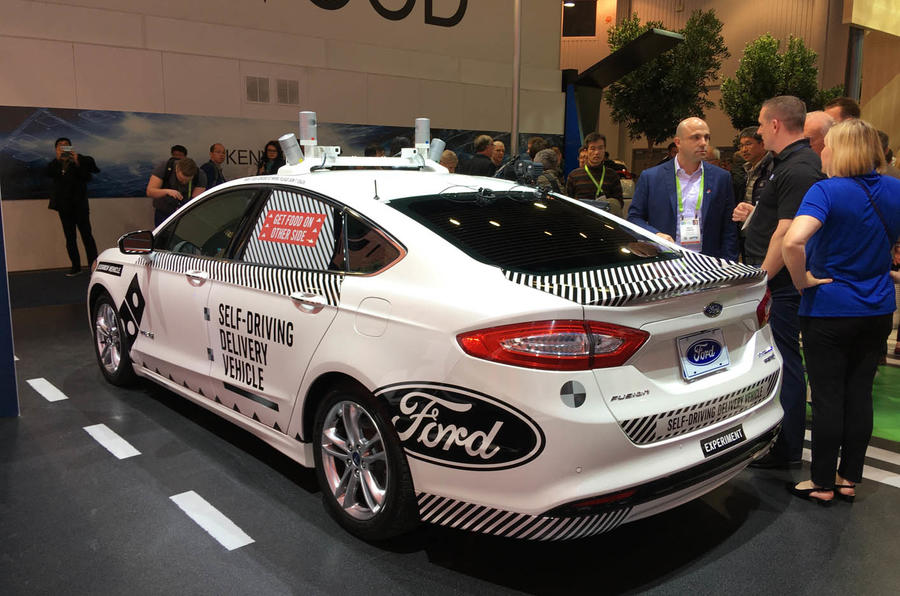














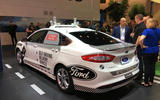















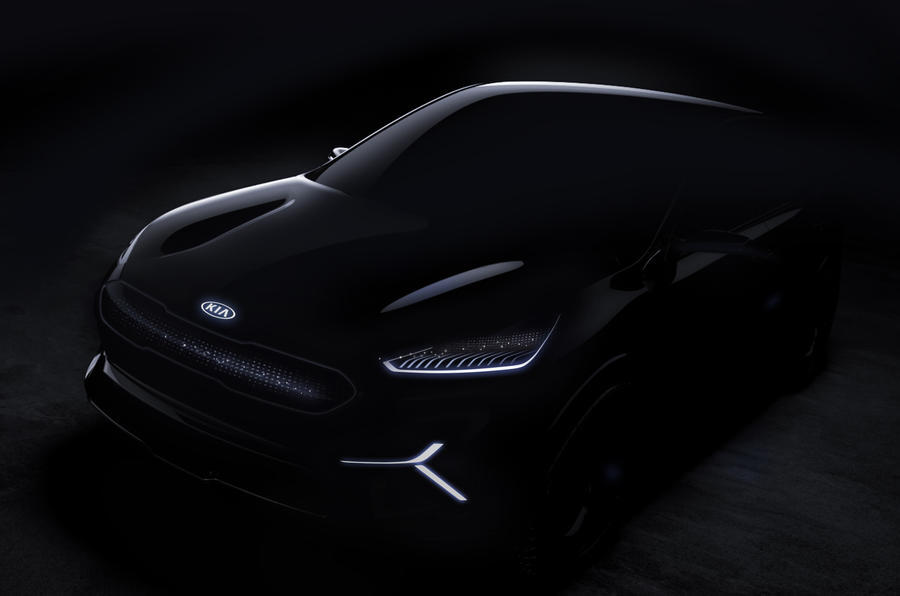
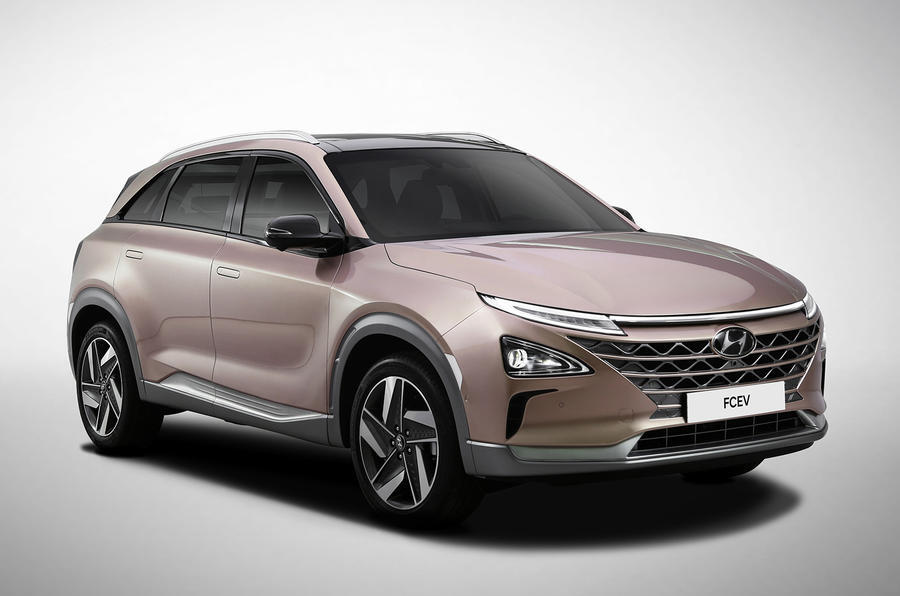
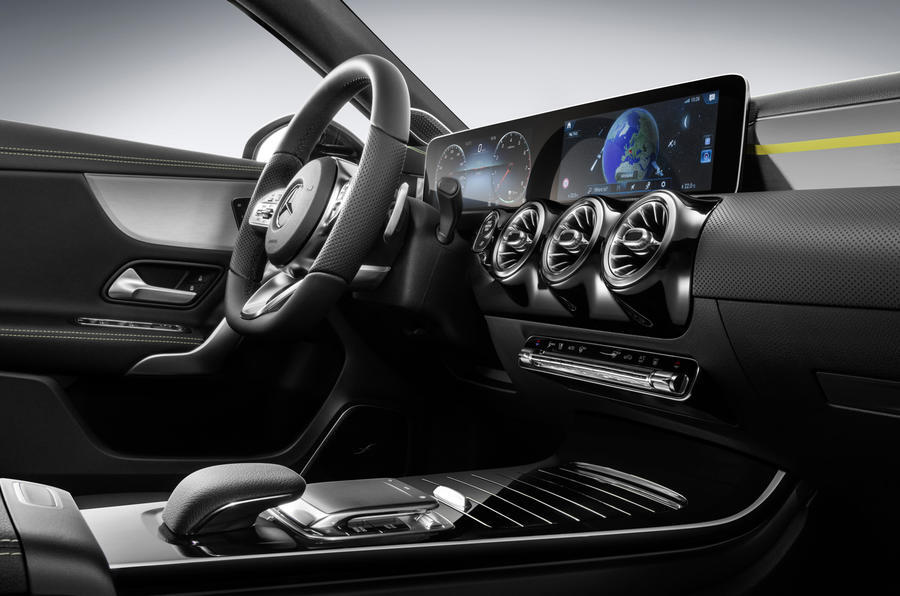
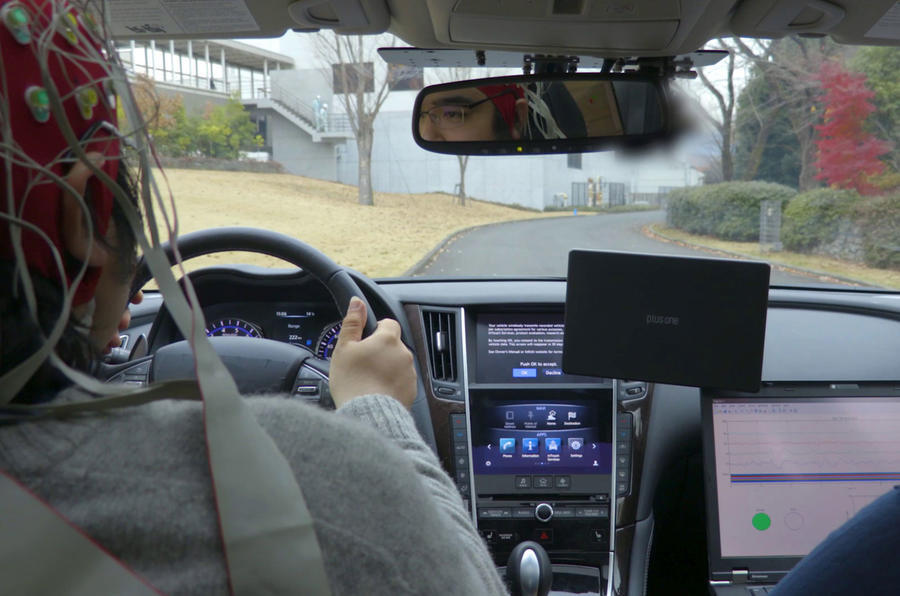
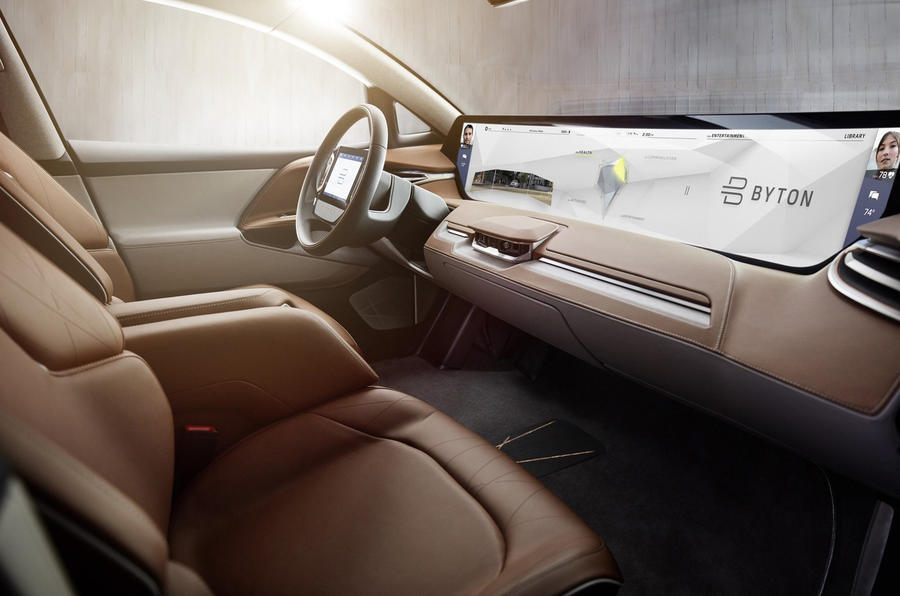



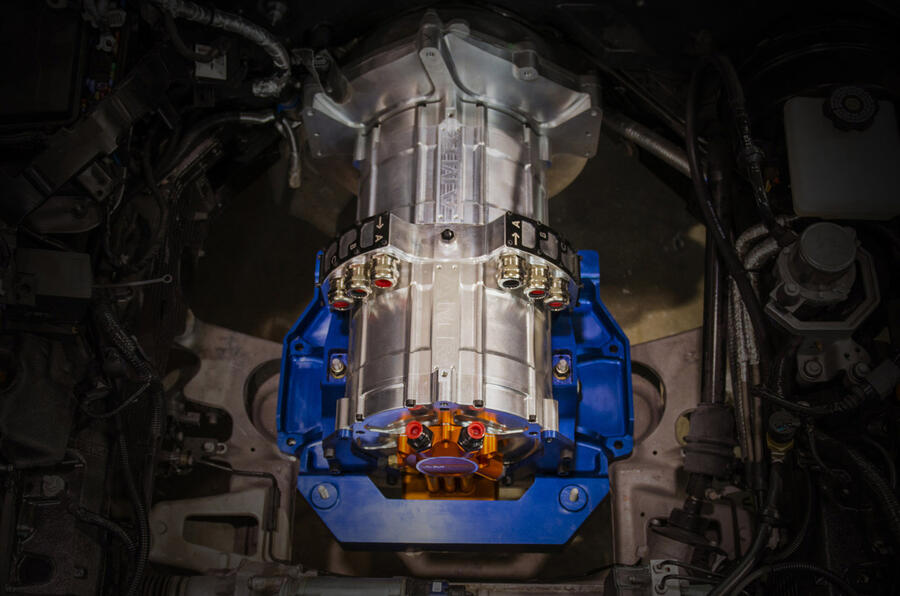
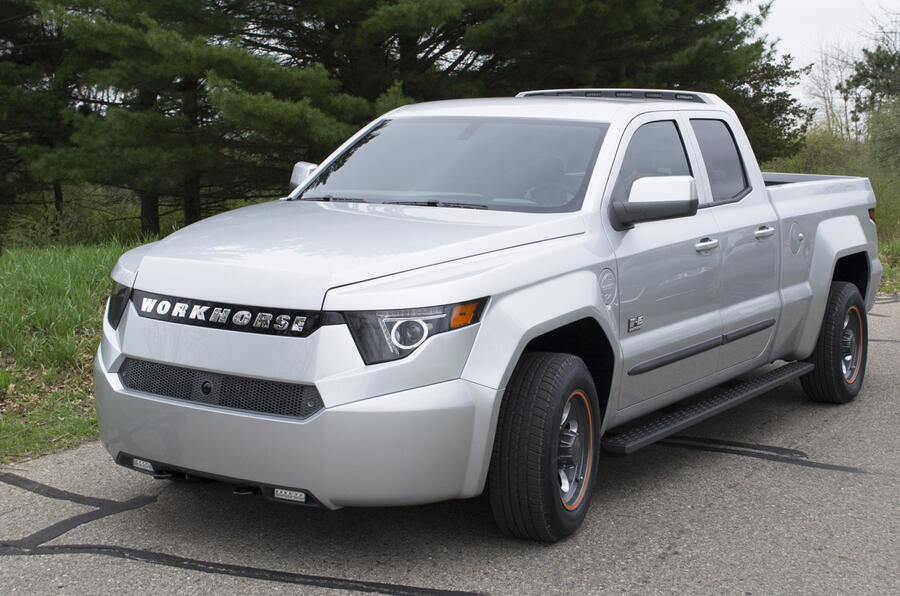






Join the debate
Add your comment
Too much tech......?!
Now I appreciate that all the new tech that is going into making Driving a safer experience for all is a good idea but, is there too much tech...?, I know Airline Pilots have a lot of tech for well just checking the Plane is flying itself correctly but, do we need so much down here on the Road?, soon I fear that driving test will be a tick box affair.